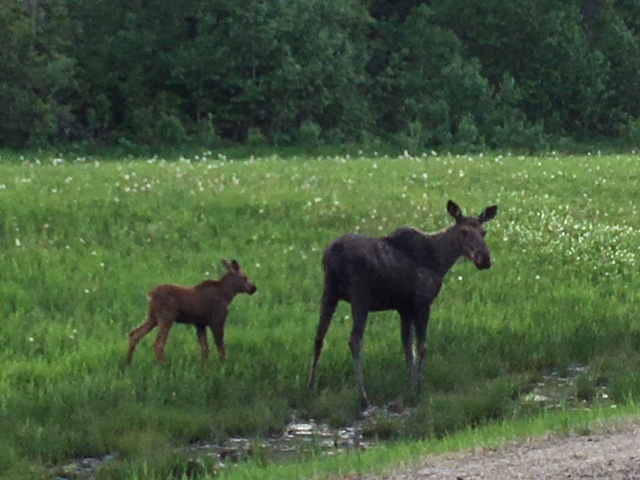Riding Mountain National Park is reopening some camping services during COVID-19.

In a release this week the park said as of Monday Wasagaming campground will open to campers with existing reservations, and new reservations for some areas of the campground will reopen Saturday.
Backcountry camping also returns as of Monday and new reservations can be made as of Saturday.
Self-registration camping is also back at the park’s outlying campgrounds including Moon Lake, Deep Lake and Whirlpool Lake.
Day use at Lake Audy is open, but overnight camping will remain closed until further notice.
The park says Camp Kippichewin is open, but Camp Ma-Ma-O-Pee will be closed for the 2020 season.
Washrooms and showers will be available in all open campgrounds, the park said.

Get weekly health news
All oTENTiks and other roofed accommodations at the Wasagaming Campground remain closed until further notice. The oTENTiks at Moon Lake and Lake Audy will remain closed for the season.
The park stresses things are quite back to normal at Riding Mountain National this summer.
Campers will be required to have a reservation, and the reservation system will be reopened gradually.
Events, group and interpretation activities remain suspended until further notice, and the park said visitors should check the park’s website before heading out to find out what is open.

Questions about COVID-19? Here are some things you need to know:
Symptoms can include fever, cough and difficulty breathing — very similar to a cold or flu. Some people can develop a more severe illness. People most at risk of this include older adults and people with severe chronic medical conditions like heart, lung or kidney disease. If you develop symptoms, contact public health authorities.
To prevent the virus from spreading, experts recommend frequent handwashing and coughing into your sleeve. They also recommend minimizing contact with others, staying home as much as possible and maintaining a distance of two metres from other people if you go out. In situations where you can’t keep a safe distance from others, public health officials recommend the use of a non-medical face mask or covering to prevent spreading the respiratory droplets that can carry the virus.
For full COVID-19 coverage from Global News, click here.
- Kate Middleton marks quiet return to work following cancer treatment
- ‘Deeply ashamed’: Canadian Medical Association apologizes for harms to Indigenous peoples
- Health Canada gives 1 year to remove BVO from drinks. What are the risks?
- Never heard of eastern equine encephalitis? Cases are ‘likely underreported’









Comments